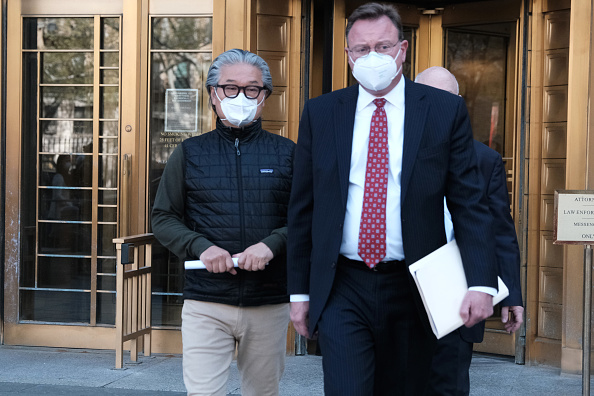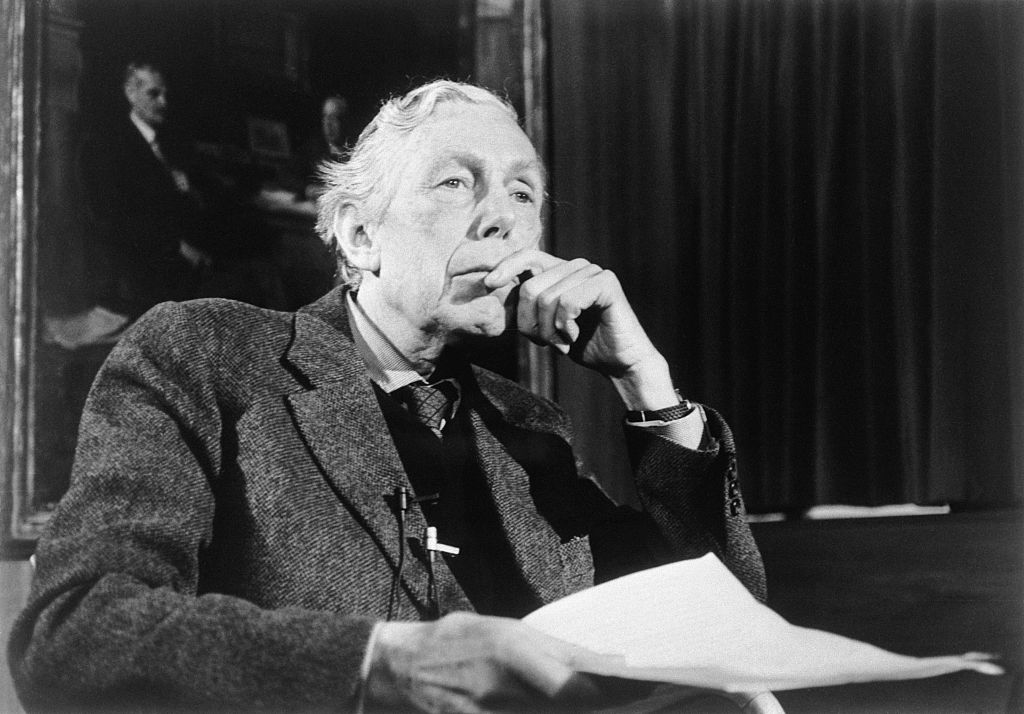In between the questions raised at Westminster by the huge majority of the new Labour government and the broken remains of the Conservative party, there is one other question to raise: Nigel Farage. He has made it to the House of Commons after standing in eight elections and after sitting in the European Parliament for 21 years. What is he going to do now? One can recall that joke about the dog always chasing a car — what would he do if he ever caught it?
Nigel Farage MP, leader of the Reform Party, has caught it. We have to ask what he will do now. Alas for his millions of fans, he might well fade into nothing more than an elected pundit. If you want to know why that is likely, go back and look at the history of his party.
Until the unexpected return of Nigel Farage – Farage was not standing as a candidate in the July 4th election this year, until he changed his mind in June once the campaign was underway — Reform was a dying party.
In a by-election last May at Blackpool South, a dilapidated seaside town, thousands of Conservative voters stayed at home. This should have been fertile ground for Reform, but there was no local campaign to speak of, and no real investment from Reform’s cash-strapped central organisation. Reform polled a meagre 3,101 votes.
The then-leader, Richard Tice, was failing to inspire and was seen by the British Right as too moderate. He lacked the charisma of Nigel Farage. Had Farage not returned to the fray, Reform would probably be heading to join UKIP in the graveyard of insurgent parties.
Farage’s return, however, was a shot of adrenaline; not only injecting some life into the party, but also giving the media something to feast upon in an otherwise lifeless general election.
In ordinary circumstances, Reform would have still struggled to make a breakthrough, but this election was marked by a desertion of Conservative party voters. It would have been an embarrassment for Reform not to have scored at least three seats.
The party in fact elected four plus Farage. The problem for Reform now is finding a purpose. Many on the Right believed Reform could break through to such an extent that they could split the Conservative party, merge with the Conservative Right and replace the party altogether. But that is not a realistic prospect. The Conservatives fared better than most expected, while Reform scored just five MPs.
Much of this underperformance can be attributed to Reform’s lack of financial backing, and the lack of preparation for what was a surprise election. Reform was left scrabbling for candidates, many of whom were an electoral liability due to the lack of proper vetting.
The problem, however, is more serious for Reform. Its breakthrough was largely on the back of Nigel Farage’s captivating effect on the media. Journalists cannot get enough of him. Against a backdrop of dull, one-dimensional overly-rehearsed candidates from the incumbent parties, he has novelty value.
Yet without a grassroots organisation and an intellectual foundation, Reform will remain a cult of personality. To become a serious party it needs to make the transition from Farage’s privately owned company – the party is actually a limited company in which Farage owns most of the shares – to a genuine democratic political party.
This is something Farage instinctively does not want to do.
Election results show that Reform scored parliamentary seats in places where they had a known candidate and ran an intensive, well-resourced local campaign. Theoretically, the party could make much larger gains in 2029 (with the party having come second in dozens of seats), but only if the party recognises that the 2029 campaign has already started and they need to begin building autonomous local party branches now.
Of course, there is much more to be done. Winning a seat is one thing, but doing something useful as an elected member is something else entirely. Farage famously treated trips to Strasbourg as a social jolly and never really got stuck into role. For voters to see the point in electing Reform MPs, the party needs to be making full use of the research resources available to it, asking ministerial questions and running campaigns on local and national issues.
There is a danger, though, that Farage and his entourage will serve largely as elected pundits, fail to attend committees and fail to treat the role with due seriousness. There is also the matter of internal unity. Farage’s entire career is marked by public rows with close colleagues, and it will be a miracle if he can get through a five-year term without a bust-up, if not with Tice, then with former Conservative Lee Anderson, one of the MPs elected for Reform.
There is considerable doubt that Farage will be able to exert the self-discipline to do the job of a proper constituency MP. Farage is akin to a clockwork mouse. You can wind him up to maximum tension and set him off, but you have no idea which direction he will go off in. He will then run around in random circles until he comes to a stop. It is entertaining to watch, but it serves no actual purpose.
Meanwhile, there is some consternation over the decision to fire former deputy leader Ben Habib, who has won a loyal following independently of Farage. The role of party chairman has been handed to businessman and party donor, Zia Yusuf. That Yusuf is a Muslim hasn’t gone down well with the online Right, fearing that the party will temper its criticism of Islam in Britain. Farage has caused anger by unceremoniously dumping Habib for an unknown who, some say, has bought his way to the top of the party.
If Farage is true to character, we can safely assume the necessary structural and behavioural changes will not be made (beyond tokenistic efforts to appease critics). Consequently, it is doubtful the party can convert its foothold into a full-blown revolution on the Right. It seems more likely that Farage will run out of steam, handing the party a less charismatic successor.
Nobody denies that Reform needed Farage to take seats in parliament, but the task is now one of building an organisation that could withstand his departure. For the moment, the concern is whether the party can withstand his leadership, or rather the lack of it.
This leads to a crisis for the Right. The Conservative party seems likely to elect Kemi Badenoch as leader. She may pledge to quit the meddlesome European Court of Human Rights but will stop short of the radicalism necessary to address Britain’s immigration problems and growing Islamic sectarianism.
This means the Tories will not do enough to pacify the Right, ensuring the naturally conservative vote will be split in 2029. With Reform alienating possible supporters, failing to nurture a credible top team or develop policy, it will waste its potential, and the Right will be in the wilderness for some years to come.





Zelensky drags America into war, or Zelensky loses